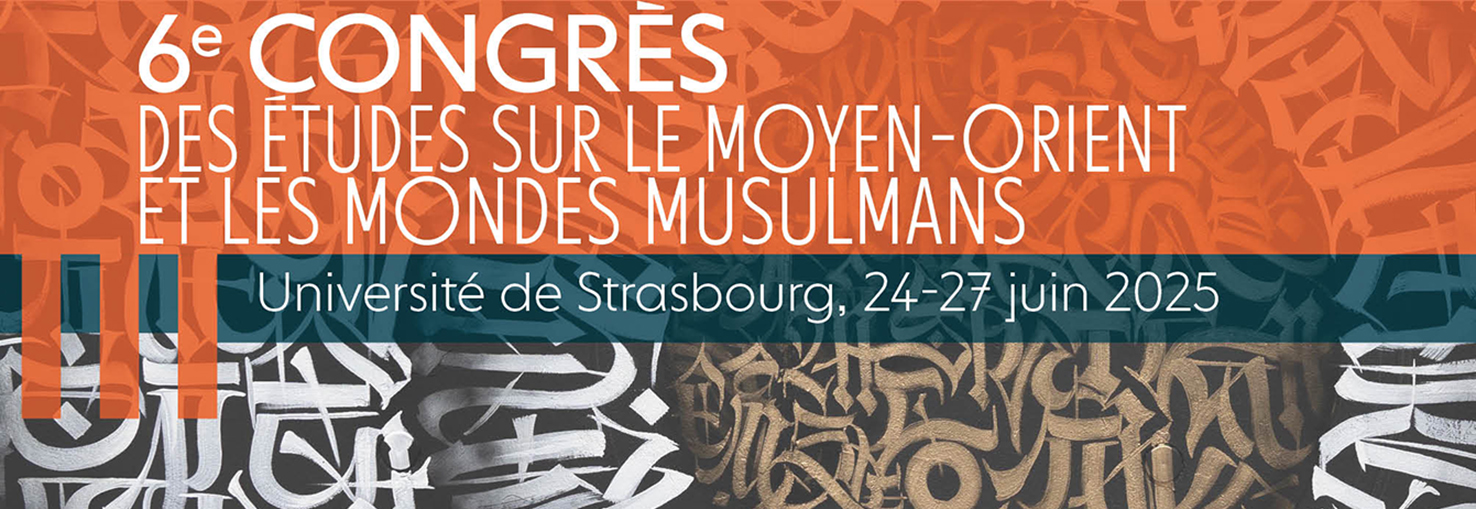Mercredi 25 juin 2025, 8h30-10h30, Salle 3R-03
RESPONSABLES :
Marion Breteau (CEFREPA)
Sabrina Zahren (Ludwig Maximilians Universität, Munich)
INTERVENANTS :
Corinne Stokes (William & Mary) : Dialect hierarchies in the Gulf
Hiérarchies dialectales dans le Golfe
Odetta Pizzingrilli (Université de Pise) : Stateless activism in Kuwait: The case of the “Bedoon Women” community
L'activisme des apatrides au Koweït : Le cas de la communauté « Bedoon Women »
Marion Breteau (CEFREPA) et Kamélia Hakim (Aix-Marseille Université / Oxford Internet Institute) : #speakupforpalestine: Gulfian influencer cultures, between self-branding and advocacy
#speakupforpalestine : Cultures d'influence du Golfe, entre self-branding et plaidoyer
Clio Chaveneau (Sorbonne Abu Dhabi Université, SAFIR, CEFREPA) : Representations of Emirati mixedness on social media : Towards a normalization of hybrid identity?
Représentations de la mixité émirienne sur les réseaux sociaux : Vers une légitimation de l'identité hybride ?
Nicolai Due-Gundersen (Nations unies) : The commodification of citizenship? Understanding golden visas as an alternative to citizenship for social media influencers
Marchander la citoyenneté ?
Comprendre les visas dorés en tant qu'alternative à la citoyenneté pour les influenceurs



